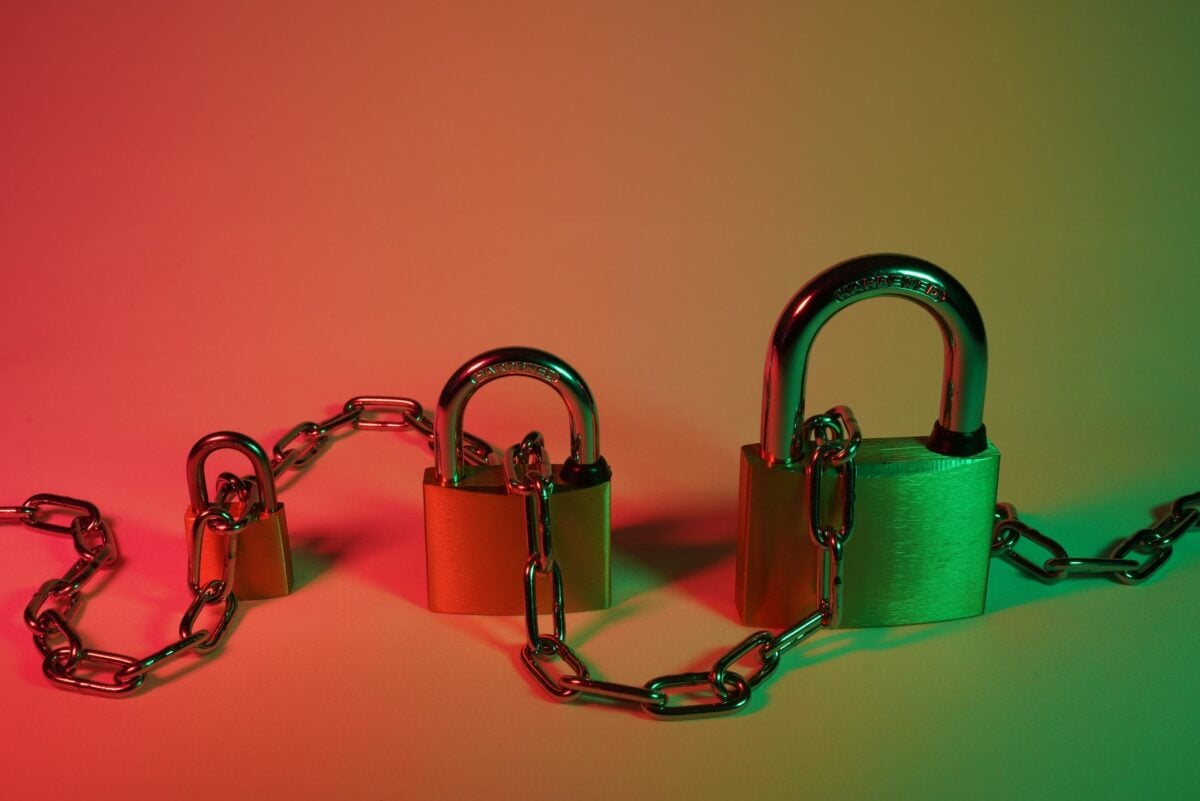In military or other emergency situations, information flows can cause severe damage. And, naturally, it is at such moments that we begin to discuss how to act in the information field and reduce the danger. In short, what should be done in such cases?
In such situations, there are basically four types of conditional actors within the country:
- Ordinary people
- State institutions and individuals
- Influencers, influential people and organizations ranging from beauty bloggers to political movements
- “News sources,” which include traditional media, journalists, experts, Telegram channels, and thematic bloggers.
And each of these conditional groups should act according to its own rules in order not to cause harm in order to correctly navigate the information flows.
The work of state structures is the most complex, and multifaceted, requiring clear management at all levels. We will not touch on this field now, because it is very extensive. Let’s just note that our state has a lot of work to do, to put it mildly.
Regarding news sources, the conversation could go on and on about journalistic or expert ethics, the requirement to check the facts carefully, etc. In theory, everyone knows it. In reality, all this does not work in most cases. Some are unscrupulous media, some are sponsored experts or bloggers, and some are unknown Telegram channels, which may be followed by a school idiot or an agent of another country.
How can the issue of unreliable news sources be solved, other than constantly making accusations?
A part of the solution to the issue is in the hands of the state, regulation of information flows, and continuous and competent work with sources. Which is extremely flawed at the moment. However, most of the solutions to the issue are in the hands of ordinary people. If the public uses only quality sources and boycotts unscrupulous ones, many of them will dry up, weaken, and shut down on their own.
There are not many basic rules of behavior for ordinary people. It is not difficult to follow them, you can read about them here.
Those who wish can deepen their knowledge in the field of fact-checking and try to do it on their own. For example, using this guide.
And recently, influencers, people who have great influence in the information field, started to become a more serious problem. Be it politicians that people follow or famous people from various fields with a large audience, from actors to diet experts.
For an obvious reason, people want to be helpful. And they start spreading various pieces of information that are not in the news media. They want to fill that gap, so to speak. Or reveal otherwise closed information. (Let’s assume for a moment that everyone is doing this out of pure motives and not pursuing some other interests. Mostly that is the case, with few exceptions).
But many do it without checking the sources at all. Then a chain reaction begins where the influencer posts what someone wrote on their page, and it spreads, and other people who want to reach a large audience send their “discoveries” to the influencer, and they also post it on their page. Then they post it more and more.
And at some point, this process becomes unmanageable. Obvious falsehoods are thrown into the field. And everything worsens sharply and it becomes more difficult to stop.
Of course, an ordinary person should realize that in such moments they can quickly become an influencer. A social network user who has a hundred friends can post something and an hour later see that it has a hundred thousand views.
So this rule applies to all current and future influencers: if something is not 100% verified, it should not be shared on your page.
Samvel Martirosyan







